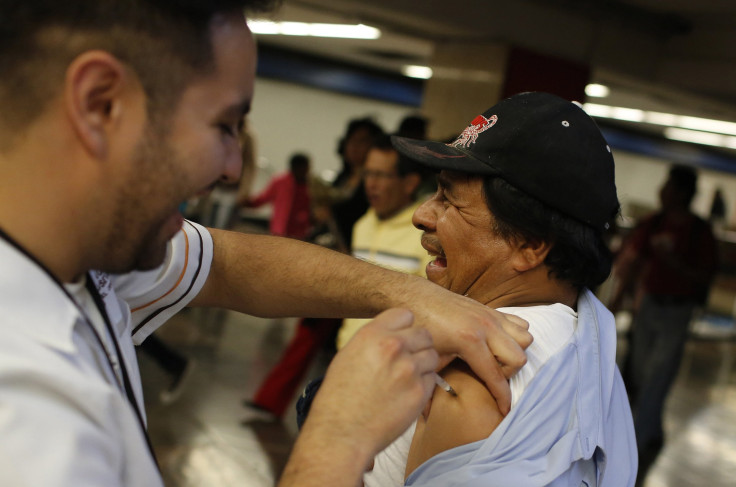Russia is expected to register the world’s first COVID19 vaccine on August 12, Tuesday. Ahead of its official release, the chief of the lab developing the shot explained how it will work against SARS-CoV-2 after people are vaccinated.
The information concerning the registration of the world’s first COVID19 vaccine was revealed by Russian Deputy Health Minister Oleg Gridnev. Shortly after, director of the Gamaleya National Research Centre, Alexander Gintsburg revealed the mechanism by which the Russian coronavirus vaccine is expected to work.
Gintsburg said that the coronavirus vaccine developed at the Gamaleya National Research Centre contains virus particles that will not harm the human host. According to the director, the vaccine uses inanimate particles created on the basis of adenovirus and therefore, there is no risk to the person’s health who will receive the shot.
“The particles and objects that can reproduce their own kind are the ones that are considered alive. The particles in question cannot multiply,” Gintsburg said during an interview with the local news agency.
However, several researchers and healthcare experts have questioned the expedited timeline with which the world’s first COVID19 vaccine has been prepared.
According to Russian virologist Alexander Chepurnov, the coronavirus vaccine could be risky for patients having antibodies to the SARS-CoV-2. Chepurnov, who is the former head of infectious diseases at Vektor, raised a red flag concerning the lack of scientific data and information about the COVID19 vaccine’s clinical trials.
“The danger is there … in terms of the possibility of increasing the disease[‘s severity] with the wrong vaccine,” he said in a statement.
Gintsburg, on the other hand, says that the effectiveness of the vaccine will and can only be decided when the population has achieved an immunity.
“Some people naturally have a fever when the immune system of the person being vaccinated receives a powerful boost but this "side-effect" can easily be overcome by taking paracetamol,” he said during the interview.
Even the World Health Organization (WHO) has raised concerns over the expedited production of the coronavirus vaccine by Russia. The UN health agency asked Russia recently to follow all the guidelines for vaccine development before it is made available for public use.

© 2025 Latin Times. All rights reserved. Do not reproduce without permission.




